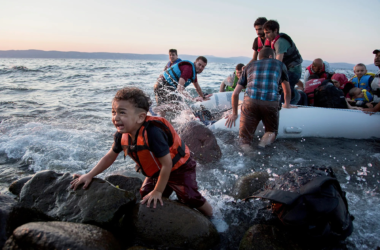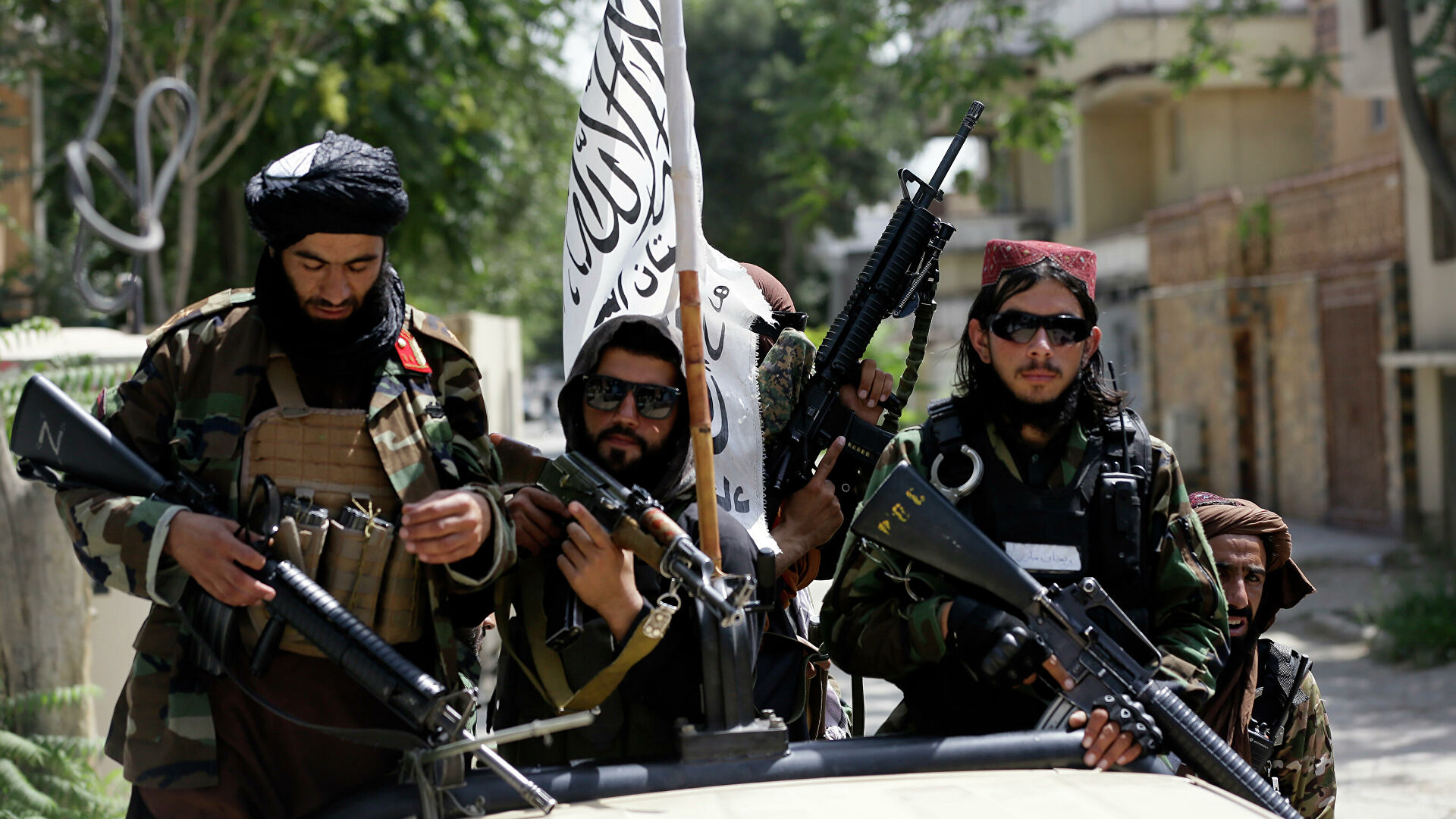Turkey has had a stable foreign policy for almost 50 years. It has been one of the most important members of NATO and had close relations with the USA. Even though the governments had different ideological positions, this West-oriented policy was not intended to change by them until the Justice and Development Party. Interestingly, Turkey’s relations with the EU peaked up during the early period of the Justice and Development Party when Turkey was aiming to be a member of the Union, and it was the time that Turkey made very good progress on democratization thanks to the application of the articles of Kopenhagen Agreement. So, Turkey has always had close relations with Western democratic countries which helped the country to improve its level of democracy. However, things have changed quite a lot in recent years, and nowadays, Turkey is far away from its close relations with Western countries and has very strong relations with authoritarian countries such as Russia, China, Iran, and Venezuela. This situation is not a surprise since Turkey is influenced by authoritarianism trend, and the political elites of the country, namely Erdoğan, needed to further increase its power by authoritarian measures which made the country become an authoritarian state (Esen and Gümüscü, 2015, Yılmaz and Turner, 2019). Thus, Turkey was in need of new allies who do not care about its level of democracy and human rights. This situation resulted in close cooperation with authoritarian countries such as Russia, Iran and China (Yücesoy,2019).
In this essay, I examine Turkey’s authoritarian path and its effects on the foreign policy, and I argue that this authoritarianism oriented foreign policy is not a permanent position, and it will change when Turkey gains democratic momentum.
In recent years, Erdoğan’s new Turkey has been looking for new partners since the old democratic allies of Turkey are not happy with the way Turkey has been going (Economist, 2019). There are of course reasons for that. After the Gezi Protests in 2013, Turkey started to move forward to the authoritarian path. For example, the government arrested many journalists and protesters (RWB, 2019) and dismissed lots of civil servants without the reliable judicial process (Armutçu, 2019). Moreover, the Peace Process with Kurds were frozen (Sabah, 2015), many politicians were arrested (Kamer, 2018), municipals in the Kurdish populated regions were dismissed (Kamer, 2019), so the political representative of Kurds, People’s Democratic Party, is now de-facto criminalized. Most importantly, after the constitutional change, all executive powers were concentrated in the hands of the President, also he can interfere legislation and judiciary (Blockmans and Yılmaz, 2017). As a result of that, old democratic allies of Turkey were criticizing the country and its leader, Recep Tayyip Erdoğan, and also, they isolated Turkey.

As a result of this situation, the government started to look some new partners who do not give importance to Turkey’s level of democracy, so Russia, Venezuela, China and Iran occurred as the closest partners of Turkey in almost every sphere of the foreign affairs of Turkey. These countries do not give importance to the level of democracy of their partners in their foreign affairs since they also do not have a good score on this issue (EIU 2018).
The isolation of Turkey from the Western bloc, and its well-integration into the authoritarian camp which consists of Russia, China, etc., creates some problems for Turkey, and the country became very dependent on authoritarian camp. For example, while Turkey is dependent on Russia in natural gas import, it becomes politically and militarily dependent on Russia in the crisis of the Syrian Civil War even though these two countries support different sides, and thus, Turkey had to get the permission of Russia in its operations to Syria to use the airspace of Syria. Also, Turkey had to continue to be a part of Astana Process even though the aim of Turkey which is to protect the opponents to the regime was not achieved since Russia, Iran and the Syrian regime continued to attack them, and now it is possible that the regime operation on Idlib will happen soon which Turkey is not able to prevent without the consent of Russia.
On the other hand, economic dependence on China has been rising for the past years due to the isolation of Turkey from Western Bloc since the European countries do not prefer to give loans to Turkey (Kasapoğlu, 2018). This economic dependence causes Turkey to not speak for human right violations against Uyghur people in China. Thus, Turkey is forced to cooperate with these countries in issues where Turkey has no crucial interest. For example, Turkey is supporting Maduro in the Venezuela crisis due to Venezuela’s gold resources which Turkey needs for its economic stabilization (BBC, 2019).
Since Turkey has no option, but the support of authoritarian camp, the country can’t have alternative policies in its foreign affairs, and even, sometimes have to follow this camp without question, but the government has no problem with that since they can further continue with authoritarian policies without any criticisms which damage the country’s democracy level (Yucesoy, V.,2019).
However, it is sure that no government can make Turkey continue with the authoritarian camp. Turkey is a country that is closely bounded with Western Bloc. During Ottoman era, the Empire was focused on West. The wars and treaties were made with western countries, and the modernization process was influenced by West. Moreover, the Republic of Turkey was constituted with the roots of Western political culture and the founders of the country were inspiring from the West, and now, we are a NATO member and candidate member of EU, so it is not possible for Turkey to tear up or terminate the relations with the West.
Turkey is not an Eastern authoritarian country that is doomed to fail, but it is a European country that needs to democratize which we can’t escape from. That is an institutionalized reality which does not depend on people, but the foundations of the Republic and the historical roots of the Ottoman Empire











